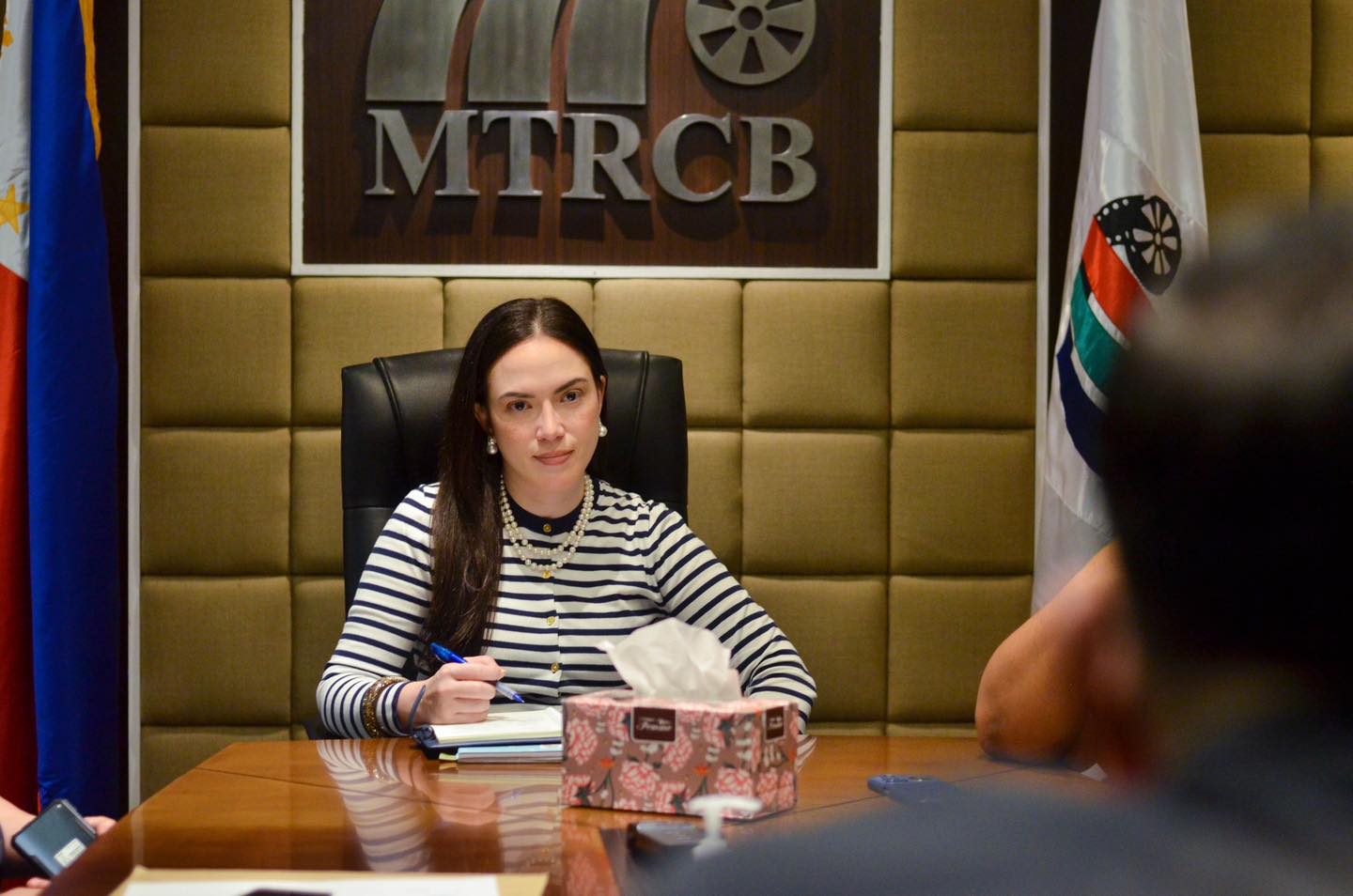MTRCB supports proposal expanding mandate to online content, including streaming

PHOTO: Official Facebook page of MTRCB
The Movie and Television Review and Classification Board (MTRCB) underscored that while the proposed amendment to its charter extends its jurisdiction to online-generated content, the agency “does not seek to rate or review these materials” and that there will be “no prior constraint” before these are shown.
Actor-turned-senator Robin Padilla sponsored the Senate Bill No. 2805, which seeks to “further protect viewers, particularly youth, while ensuring creative expression in the fields of television and film.”
“We respectfully defer to the wisdom of our lawmakers on the matter. Whatever is ultimately approved by Congress and the President, we will implement it,” MTRCB Chairperson and CEO Diorella “Lala” Sotto-Antonio said.
The Directors’ Guild of the Philippines, Inc. (DGPI), meanwhile, expressed its strong opposition against the Senate bill.
In the MTRCB statement, Sotto-Antonio noted that the House of Representatives has yet to pass its version of the bill, hence it may continue into the next Congress where it will be subjected to deliberations and further discussions.
“The amendments seek to establish appropriate mechanisms for cooperation with online streaming platforms and online curated content providers (OCCs) and streaming videos on-demand (SVOD). These include the adoption of safeguards such as ‘safety by design’ principles and the creation of structured feedback mechanisms and accountability,” she continued.
Sotto-Antonio expressed hope that any amendment to the MTRCB’s coverage should be anchored on the principle that the protection of children is a top priority.
“We wish to emphasize that while the amendments include OCCS and SVODs in the coverage of MTRCB, the Board does not seek to rate or review these materials. There is no prior constraint or a mandatory review before content is shown,” she stressed. “Rather, the measure seeks to ensure that the State is not left helpless in addressing valid concerns and issues such as harmful online contents, particularly materials involving child abuse, exploitation, or voyeurism.” /edv